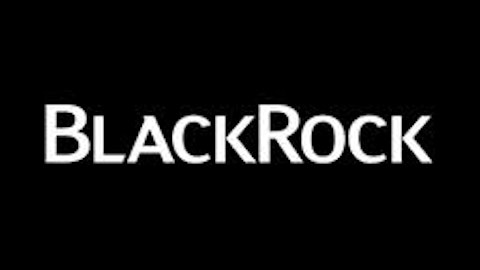
Simply put, the medical-device industry won’t offer the high growth that investors enjoy with pharmaceutical companies. You may call it boring, but sometimes boring can be a long-term investor’s best friend.
If that gets your attention, you should give Abbott Laboratories stock a hard look, as it’s well positioned to capitalize on the steady growth of the broader health-care industry. The company’s focus on innovative new laboratory products bodes well for investors and could dramatically lower diagnostic times for health-care professionals and patients. Better yet, its nutritional segment is making up for lackluster growth in medical devices and established pharmaceuticals. Here’s a big-picture view.
The ugly truth about medical devices
Let’s just put it out there: Medical-device revenue is down throughout the industry. Some areas, such as neurotechnologies, are growing at double-digit clips, while others, such as cardiovascular devices, are falling at the same rate. Why? It’s a mature (read “saturated”) industry in an increasingly mature world economy. That puts increased pricing pressure on companies and raises competition for the shrinking group of patients. That’s great news for patients and, I should argue, the point of medical devices in the first point.
Abbott Laboratories (NYSE:ABT) saw total medical-device revenue slip 4.6% in the first quarter of 2013 compared with the same period last year. Although it markets products for diabetes and eye care, the company is heavily reliant on its industry-leading cardiovascular portfolio, which includes 10 different brands of stents, drug-eluting stents, and dilatation devices.
The company isn’t alone. Johnson & Johnson (NYSE:JNJ) saw quarterly cardiovascular device sales fall 13%, although total medical-device revenue climbed 10% on the acquisition of Synthes. Of course, if you look at share prices, you’ll notice that both companies are blowing past all-time highs. That’s because there is more to each than heart stents and knee replacements.
No one puts baby in corner!
Abbott may be associated primarily with medical devices, but the segment actually ranks second in total sales and (barely) third in international sales.
| Segment | Total 1Q13 Sales | Year-Over-Year Change |
|---|---|---|
| Nutrition | $1.699 billion | 8.7% |
| Medical Devices | $1.328 billion | (4.6%) |
| Established pharmaceuticals | $1.233 billion | (1.9%) |
| Diagnostics | $1.088 billion | 4.4% |
Source: Abbott Laboratories.
It’s not difficult to see that the company’s nutritional division has the biggest upside, which is especially true in emerging markets. The company markets 16 products for infants, 13 products for young children and adults, and three health brands with various products. With medical devices in the gutter, Abbott Laboratories (NYSE:ABT)’s short term growth may very well hinge on its well-known nutritional brands such as Ensure, PediaSure, EAS, and Myoplex.
My favorite growth area
Some people — including billionaire entrepreneur and venture capitalist Vinod Khosla — think that the health-care industry today is far from efficient. Chances are that you have probably faced painfully long diagnostic times at some point in your life. Correctly determining if you have a virus or a bacterial infection or pinpointing a more serious health ailment can significantly delay treatment, increase the length of hospital visits, and send medical bills soaring. Surprisingly little has been done to address these diagnostic bottlenecks despite tremendous advancements throughout the health-care industry in the past several decades.

